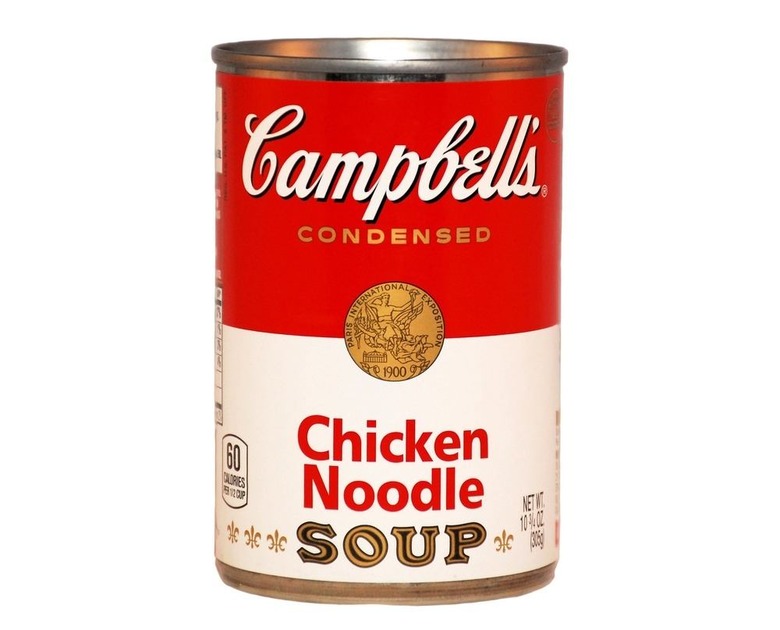Testing Shows BPA, Linked To Cancers And Neurological Damage, In Nearly 70 Percent Of Canned Food Packaging In The US
The vast majority of canned food packaging in the United States contains BPA — a common plastic additive that has been linked to health concerns including cancer and reproductive issues — according to a newly published study from a number of environmental advocacy groups.
In a study published last month, the coalition reported that, based on the random testing of 192 cans found in common North American retailers, 67 percent of those cans contained BPA or Bisphenol A.
BPA is a synthetic compound that has been associated with metabolic disorders, endocrine system disruption, neurological effects including negative impacts on fetal and infant brain development, cancers including leukemia, and reproductive and sexual dysfunction, among other health issues. Both Canada and the European Union have banned BPA from infant bottles and formula packaging in recent years, but in the United States, BPA is still considered "safe at the current levels occurring in food."
Two of the worst offenders, Campbell's and Del Monte, announced last week that they would begin eliminating BPA from all cans in North America by mid-2017.
The report found that 100 percent of Campbell's products tested, and 70 percent of Del Monte cans, contain BPA. Half of the cans from Progresso and Green Giant tested positive for BPA, as well as several private-label cans sold in Target, Walmart, Trader Joe's, and Kroger.
